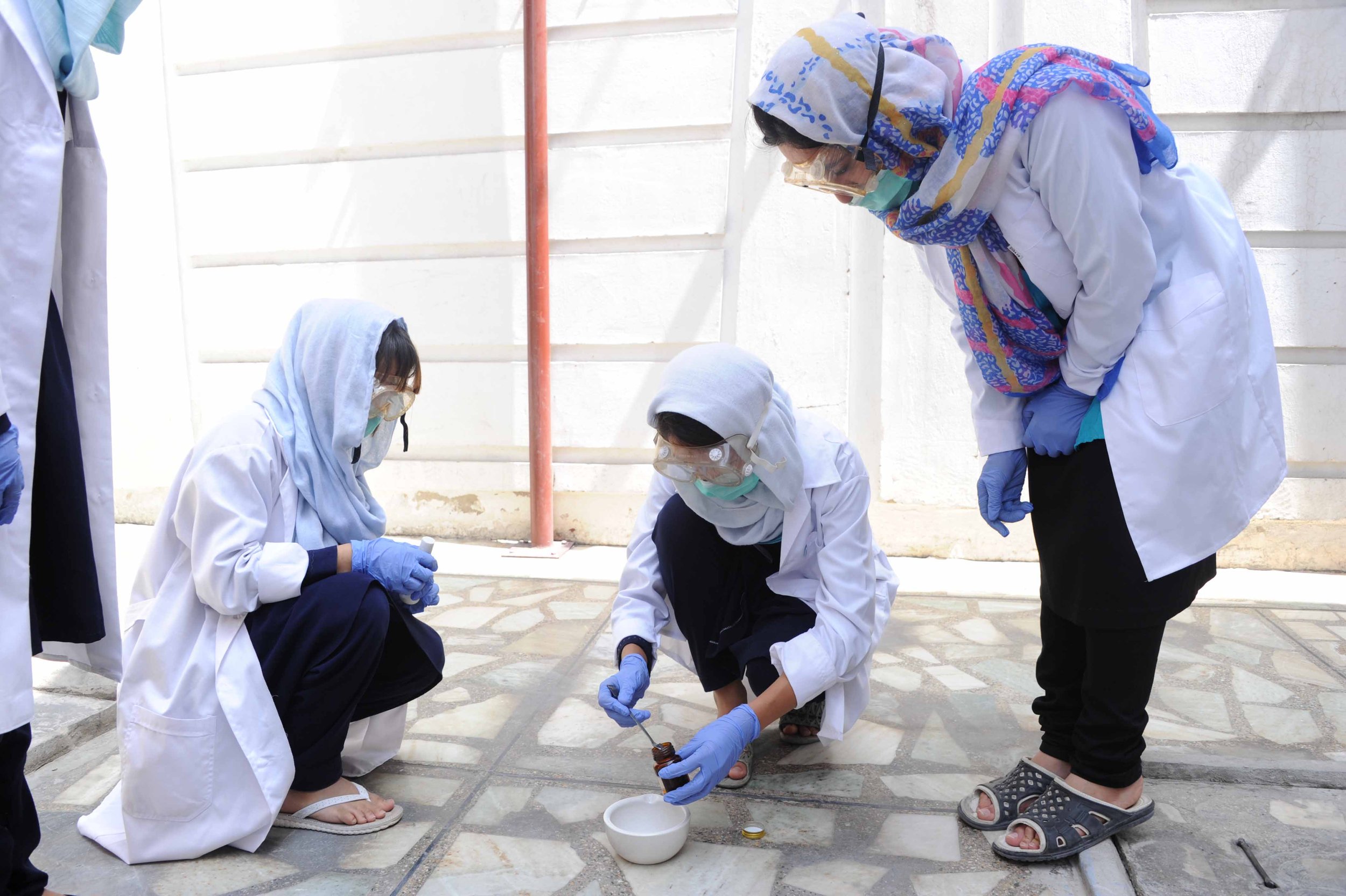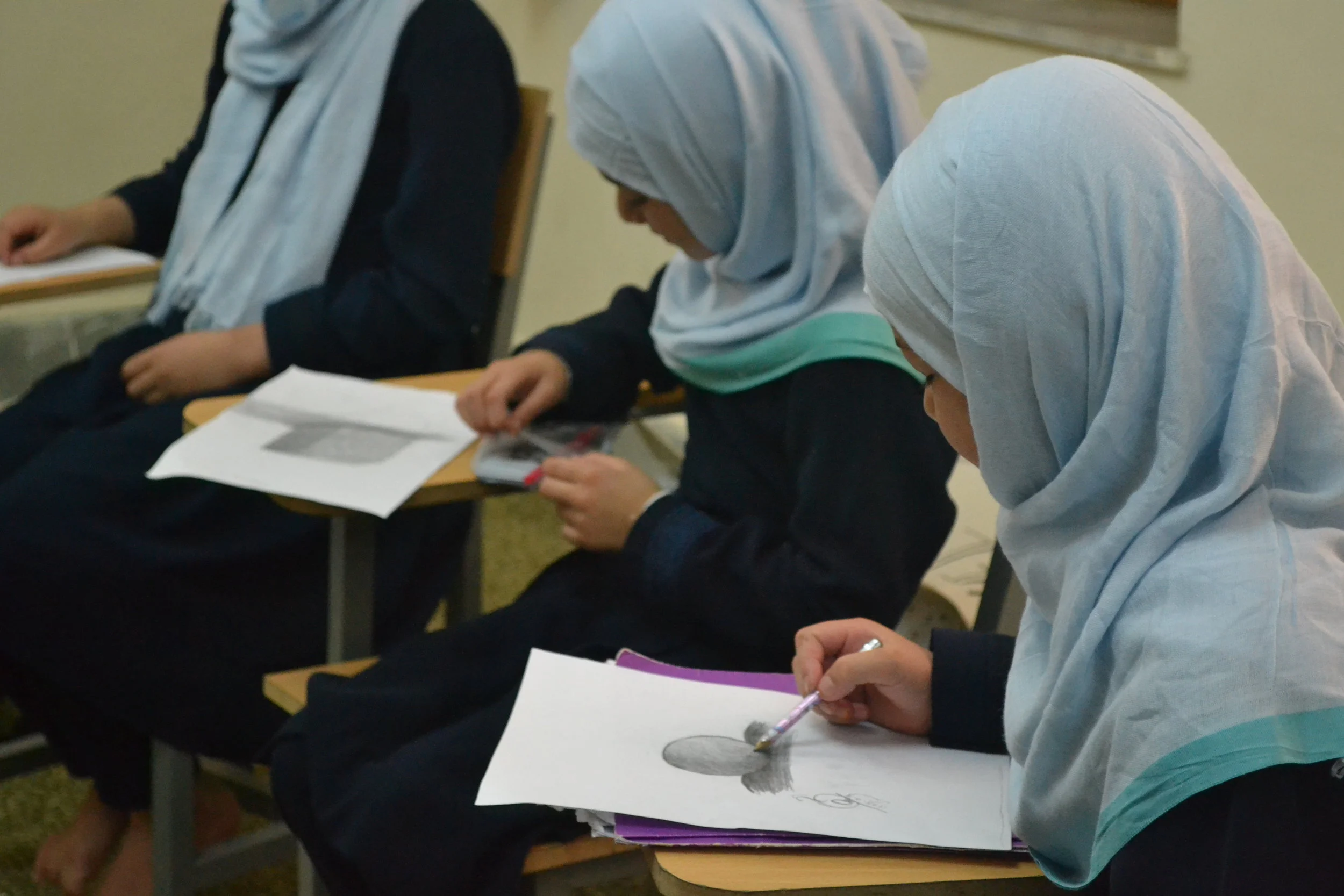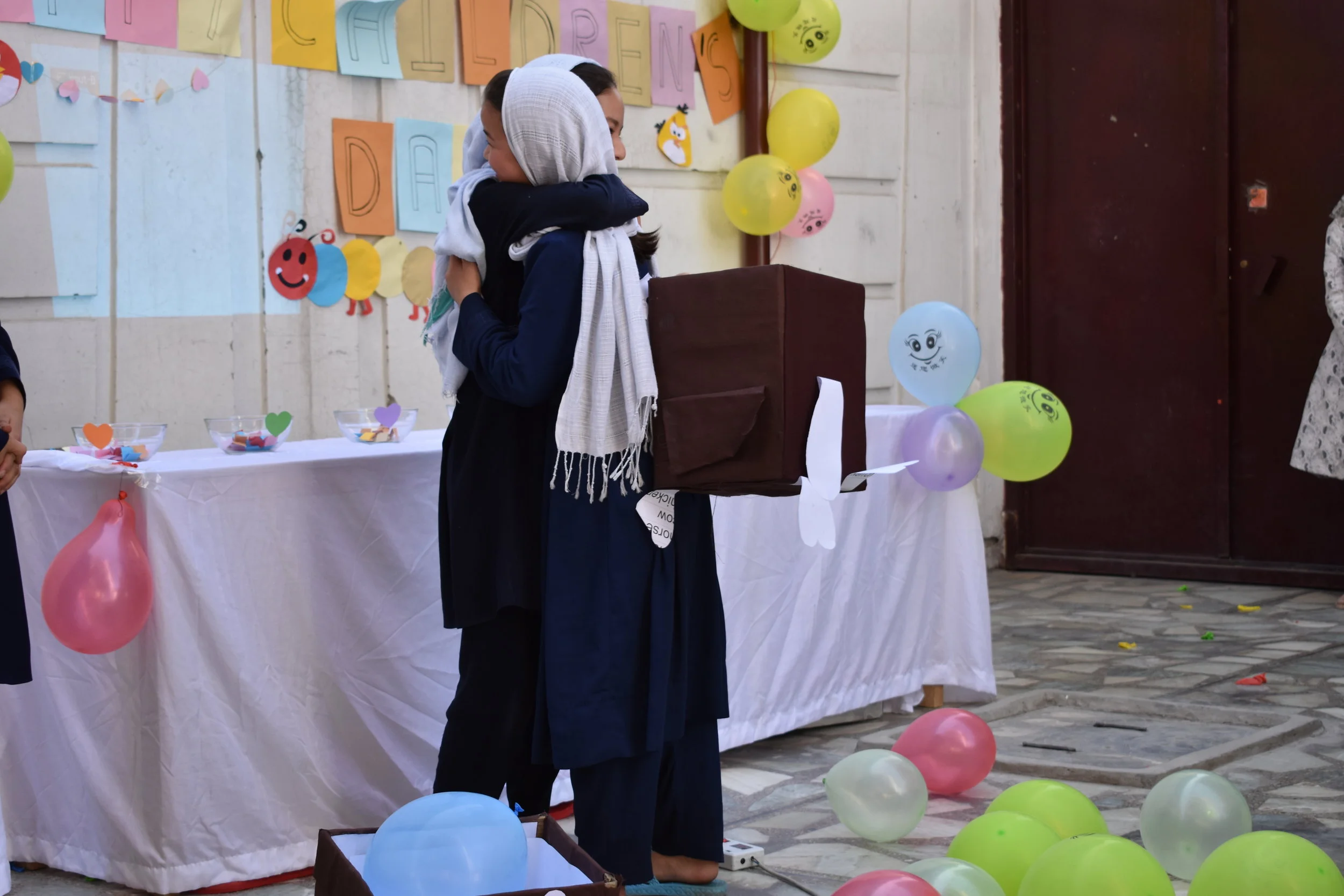fearless families, fearless girls
Those 24 girls hailed from the 14 provinces you see in the map on this page. Traveling to Kabul was rarely simple and at times openly unsafe: even then, the Taliban were far from powerless.
And yet these girls, these 6th grade girls — they came. And SOLA grew. We enrolled a new class of 6th graders annually. By 2021, nearly 100 girls were on our campus, coming from 28 provinces: we were a school of girls in 6th through 11th grades, with a small number of pre-6th graders — girls not yet ready for 6th grade but who showed great academic promise — joining us as well.
Alongside all these boarding school students in our early years were older Afghan girls who lived on campus but who studied at high schools in Kabul instead of taking classes at SOLA. These boarding school and residential life programs differed, but regardless of which one she was in, every girl called SOLA home.
Their families supported them: their mothers, their siblings, and most importantly in the Afghan cultural setting, their fathers. The courage of these men, some of whom received threats to their lives for educating their daughters, must never be ignored.
Coursework at SOLA was rigorous. Our Afghan female teaching staff worked alongside a global team of expert tutors joining us remotely. Students studied art, math, and science. They learned to read English, and they learned to read Quran.
These girls from different provinces and different ethnic groups and different familial and economic backgrounds learned that they were sisters. Here they learned that they could be the leaders who’d change their nation’s future.
SOLA grew. We thrived. We saw ever-increasing numbers of girls apply for spots in 6th grade, from 70 in 2016 to 264 in 2021. Even in the darkest days of 2020 as COVID spread across Afghanistan, we mixed remote and in-person education in order to maintain continuity of learning for our students.
Then came 2021.












